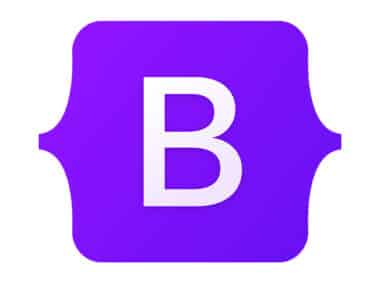JavaScript is a high-level, interpreted programming language that was initially created for web development. It was first introduced in 1995 by Brendan Eich, a programmer at Netscape Communications Corporation. Over the years, JavaScript has become one of the most popular programming languages in the world, and it is now used not only for web development but also for server-side programming, desktop application development, game development, and more.
At the time of its creation, JavaScript was originally designed to add interactivity to static web pages. However, as the capabilities of the language grew, developers began to use it for more complex tasks such as creating full-fledged web applications and APIs. The language has since evolved to become a multi-purpose tool used by developers across a range of industries.
Overview of the Language
JavaScript is a dynamically typed language, which means that variables can hold any type of data. It is also an object-oriented language, which means that it uses objects to organize and manipulate data. JavaScript has a C-like syntax and is similar in many ways to other programming languages such as Java and C++. However, unlike these languages, JavaScript does not require compilation, making it much easier to use.
One of the standout features of JavaScript is its versatility. While it started as a language for adding interactivity to web pages, it has since grown to become a language that can be used for virtually any programming task. This includes server-side programming, desktop application development, game development, and even mobile application development with frameworks such as React Native.
Uses of JavaScript
One of the most common uses of JavaScript is for creating dynamic web pages. It is used to add interactivity, animations, and other effects to web pages, making them more engaging and user-friendly. JavaScript is also used for server-side programming, where it is used to create web applications and APIs. This allows developers to create complex web applications that can handle large amounts of data and user requests.
Desktop application development is another area where JavaScript has found a home. Developers can use tools such as Electron to create cross-platform desktop applications using JavaScript, CSS, and HTML. This allows developers to create desktop applications that can run on Windows, macOS, and Linux without having to learn a new programming language.
Game development is another area where JavaScript has gained popularity. Game engines such as Phaser and Three.js allow developers to create 2D and 3D games using JavaScript. This has made game development more accessible to a wider range of developers, as they can leverage their existing knowledge of JavaScript to create games.
Finally, JavaScript can even be used for mobile application development. Frameworks such as React Native allow developers to create mobile applications for iOS and Android using JavaScript. This makes it easier for developers to create cross-platform mobile applications that can run on both iOS and Android devices.
Advantages of JavaScript
JavaScript has several advantages that make it a popular choice for developers. Firstly, it is easy to learn and use, making it a great language for beginners. The syntax is relatively simple and intuitive, and there are countless resources available online for developers to learn the language.
Secondly, JavaScript is supported by all major web browsers, making it an ideal language for web development. This means that developers can create web applications that will work seamlessly across all major web browsers without having to worry about compatibility issues.
Thirdly, JavaScript is a versatile language that can be used for both front-end and back-end development, making it a great choice for full-stack developers. This allows developers to work on both the client and server side of web applications, which can be a valuable skillset in today’s job market.
Finally, JavaScript is constantly evolving. The language is updated regularly with new features and improvements, which means that developers can stay up-to-date with the latest trends in web development by using JavaScript.
In conclusion, JavaScript is a powerful and versatile programming language that has revolutionized web development. Its ease of use, versatility, and widespread support make it an ideal language for beginners and professionals alike. With its continued evolution and growth, it is likely that JavaScript will remain a popular choice for developers for many years to come.





